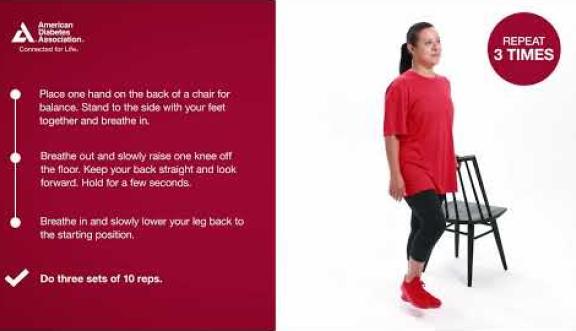Changing the Way We Manage Obesity
The Obesity Association understands obesity care needs a new approach—one that’s based on science and research and is focused on the person with obesity. That's why we've established a new standards of care for obesity.
What Is Obesity?
Obesity is a disease, which means obesity results from a mixture of behavioral, environmental, and genetic factors—not just from lifestyle. That means there's more to managing it than lifestyle changes like healthy eating and exercise.
However, there is no single approach that works for everyone and there are many options that can be tailored to your needs. Making changes when living with obesity can be hard, but you have support.

























